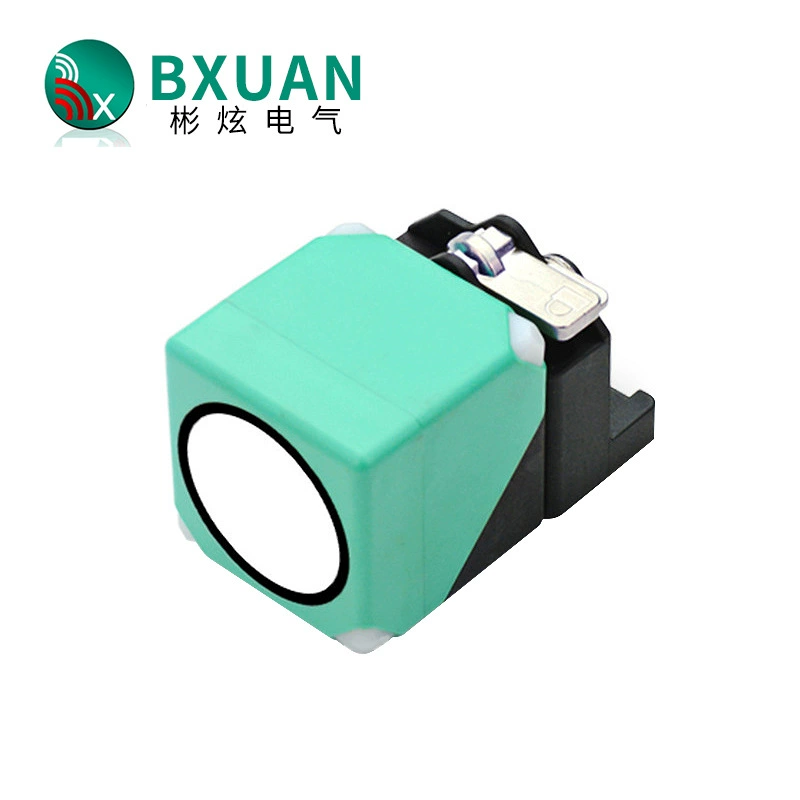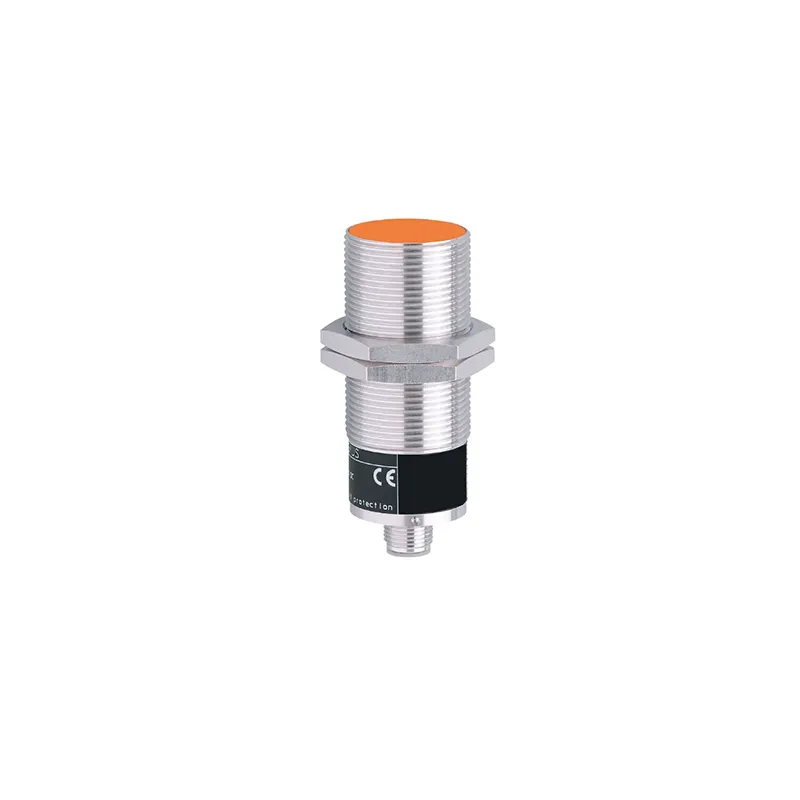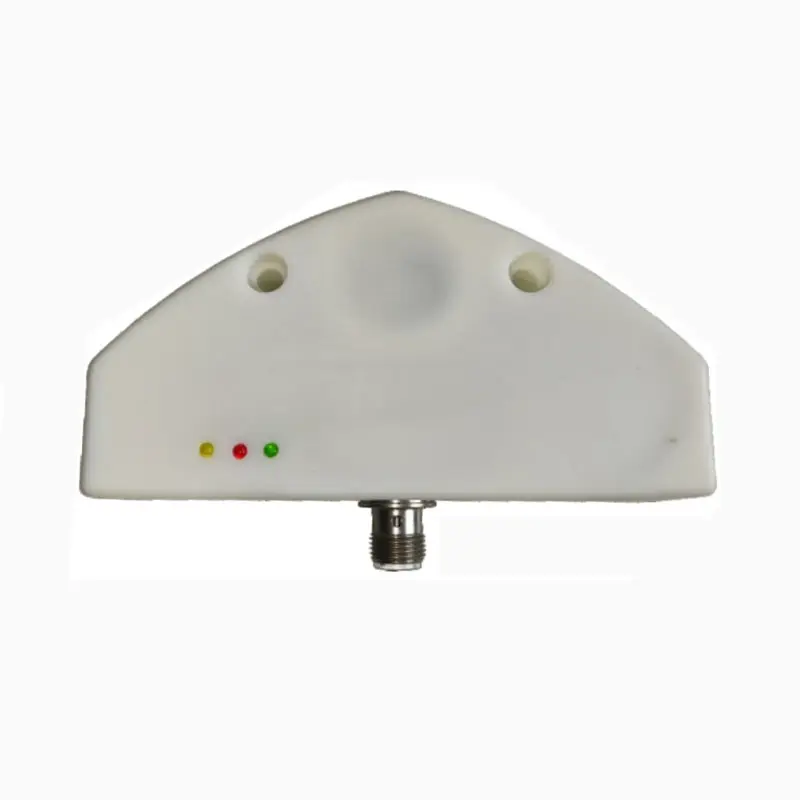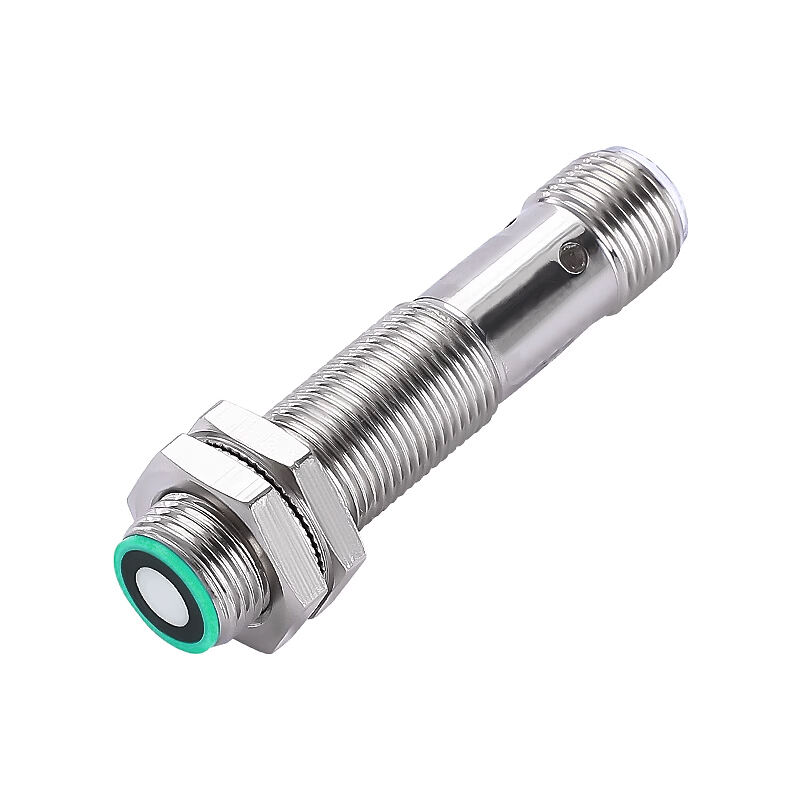sensor proximity sensor
A proximity sensor is a sophisticated electronic device designed to detect the presence or absence of nearby objects without requiring physical contact. Operating through electromagnetic fields, infrared radiation, or optical sensors, these devices have revolutionized automation and safety systems across various industries. The sensor works by emitting a beam of electromagnetic radiation or creating an electromagnetic field and detecting changes in the return signal or field when objects enter its detection zone. Modern proximity sensors incorporate advanced microprocessor technology, enabling precise distance measurements and adjustable sensitivity settings. These sensors can function reliably in diverse environmental conditions, from industrial manufacturing floors to everyday consumer electronics. They offer various detection ranges, from a few millimeters to several meters, depending on the specific type and application. Proximity sensors are essential components in many automated systems, providing crucial data for position detection, object counting, and collision avoidance. Their non-contact operation ensures longer operational life and reliability compared to mechanical alternatives, while their solid-state construction makes them highly durable and resistant to environmental factors.









